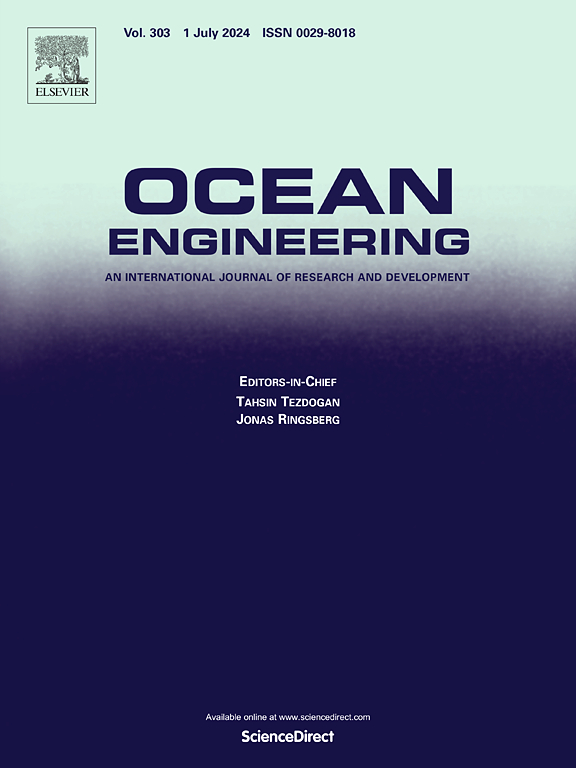Holistic risk assessment approach for seafarers’ adaptation to digital transformation
IF 4.6
2区 工程技术
Q1 ENGINEERING, CIVIL
引用次数: 0
Abstract
The maritime industry is experiencing a significant digital transformation that brings both opportunities and challenges for seafarers. This study presents a holistic risk assessment for seafarers’ adaptation to digital transformation using an integrated methodology that combines Failure Modes, Effects, and Criticality Analysis (FMECA), Dempster–Shafer (D-S) evidence theory, and a rule-based Bayesian network (RBN). The approach identifies and quantifies twenty-two failure modes across five critical components: human-related, technological, operational, organizational & regulatory, and cybersecurity. The findings reveal that operational failures and human-related failures are the most critical components, with “over-reliance on digitalization” being the highest-risk failure mode. Other significant failure modes include “insufficient digital competency and skill gaps” and “inadequate cybersecurity awareness and training.” Consequently, the study offers short and long-term actions to mitigate risks and provides valuable insights for effective human-technology interaction.
求助全文
约1分钟内获得全文
求助全文
来源期刊

Ocean Engineering
工程技术-工程:大洋
CiteScore
7.30
自引率
34.00%
发文量
2379
审稿时长
8.1 months
期刊介绍:
Ocean Engineering provides a medium for the publication of original research and development work in the field of ocean engineering. Ocean Engineering seeks papers in the following topics.
 求助内容:
求助内容: 应助结果提醒方式:
应助结果提醒方式:


